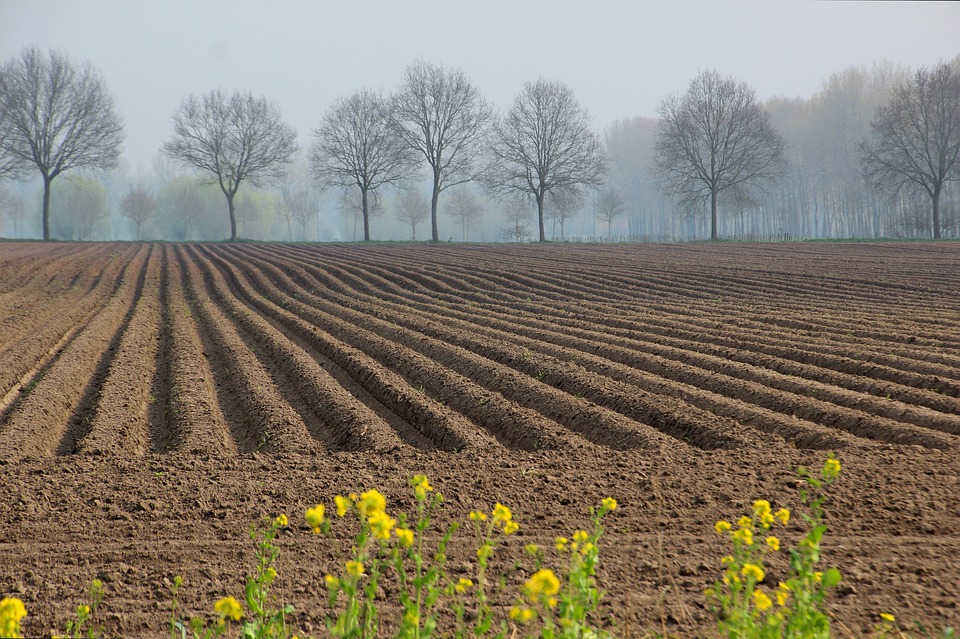SONG OF DELIVERANCE: Abigail and David, Part 3
In the previous two studies we saw both Abigail and David in their wilderness journeys. We saw that David had been engaged in battles with Saul and other enemies leading up to the time he met Abigail. We saw that Abigail was engaged in her own battle. Many of us know very well what a wilderness experience is. Many of us have been engaged in our own spiritual battles for what may seem like an eternity. That's why I find comfort in reading Psalm 18, a song of deliverance.
David gives us the description
of this Psalm in the first verse: "To the Chief Musician. A Psalm
of David the servant of the LORD who spoke to the LORD the words of
this song on the day that the LORD delivered him from the hand of all
his enemies and from the hand of Saul. And he said; I will love You, O
LORD, my strength." The occasion for David writing this was the day the Lord
delivered David from the hand of his enemies and Saul. What comfort to hear that there did come a day that the Lord delivered David from the hand of his enemies...

.jpg)



Comments
Post a Comment